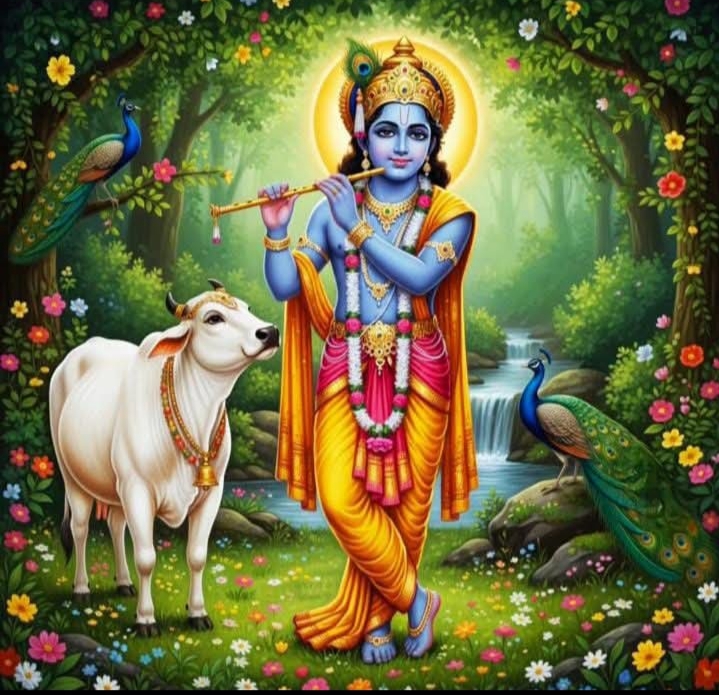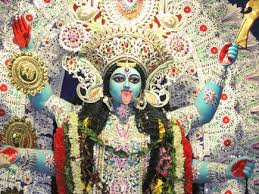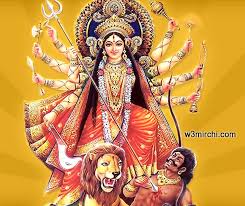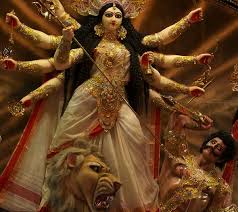एक भक्त थे, कोई उनका कपड़ा चुरा ले गया। कुछ दिनों बाद उन्होंने उसको बाजारमें बेचते देखा । दूकानदार कह रहा था कि ‘कपड़ा तुम्हारा है या चोरीका, इसका क्या पता । हाँ, कोई सज्जन पहचानकर बता दें कि तुम्हारा ही है तो मैं खरीद लूँगा।’ भक्त पास ही खड़े थे और उनसे दूकानदारका परिचय भी था। उन्होंने कहा- ‘मैं जानता हूँ, तुम दाम दे दो।’ दूकानदार कपड़ा खरीदकर कीमत चुका दी। इसपर भक्तके एक साथीने उनसे पूछा कि ‘आपने ऐसा क्यों किया ?’ इसपर भक्त बोले कि ‘वह बेचारा बहुत गरीब है, गरीबीसे तंग आकर उसे ऐसा करना पड़ा है। गरीबको तो हर तरहसे सहायता ही करनी चाहिये। इस अवस्थामें उसको चोर बतलाकर फँसाना और भी पाप है।’ इस बातका चोरपर बड़ा प्रभाव पड़ा और वह भक्तकी कुटियापर जाकर रोने लगा। उस दिनसे वह भी भक्त बन गया।
There was a devotee, someone stole his clothes. After a few days he saw it being sold in the market. The shopkeeper was saying, ‘Whether the cloth is yours or the thief’s, how do you know? Yes, if a gentleman recognizes and tells that it is yours, I will buy it.’ The devotees were standing nearby and the shopkeeper was also introduced to them. He said- ‘I know, you pay the price.’ The shopkeeper bought the cloth and paid the price. On this a companion of the devotee asked him, ‘Why did you do this?’ On this the devotee said that ‘that poor man is very poor, he had to do this after being fed up of poverty. The poor should be helped in every way. In this condition, to trap him by calling him a thief is even more sinful.’ This thing had a big impact on the thief and he went to the devotee’s cottage and started crying. From that day he also became a devotee.





















